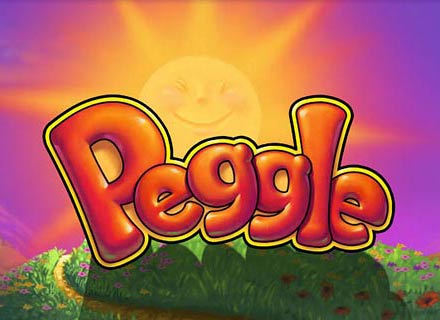There are loads of casual games strewn across PC, consoles and portable platforms. A study conducted recently by East Carolina University’s Psychophysiology Lab indicates that this genre provides players with more than just hours of fun. PopCap Games divulges that according to the study, playing casual games such as Peggle and Bejeweled aids in improving cognitive function.

The study was carried out within a time frame of six months on individuals who were of the age 50 and above. The effects of casual games on the short-term cognitive acuity were the subject of interest in the study. According to these findings, there was extensive progress seen performance-wise in each session of the experimental group. When pitted against the other control group, the individuals showed a much more significant improvement.
Dr. Russoniello, Director of the Psychophysiology Lab and Biofeedback Clinic at ECU commented, “The initial results of the study are very intriguing, in that they suggest that the ‘active participation’ required while playing a casual video game like Bejeweled provides an opportunity for mental exercise that more passive activities, like watching television, do not. Future applications could include prescriptive applications using casual video games to potentially stave off Alzheimer’s disease and other dementia-type disorders.”
Russoniello further added, “Video games with more complex rules and controls, and more sophisticated or detailed imagery — so-called ‘hardcore’ video games — might provide similar cognitive benefits for many people. But those games take significantly longer to learn to play and appeal to a considerably narrower subset of the overall population, especially older consumers. In our experience, ‘casual’ video games are ideal both in terms of their accessibility and ease of understanding and because they appeal to nearly everyone.”
The improvements seen in the cognitive function were possible through the tracking of Electroencephalography brain waves and the individuals’ participation in Trail Making Test parts A and B. Researchers observed the executive function and cognitive response time to determine the results. The study revealed that those participants who indulged in a game of Peggle or Bejeweled for just 30 minute periods displayed a 215% increase in executive functioning and 87% improvement in cognitive response time.
This slice of information regarding the extensive study was disclosed by Dr. Carmen Russoniello at the 6th annual Games for Health Conference held in Boston. The complete details of the study results from the East Carolina University’s Psychophysiology Lab will be available by autumn this year in the Applied Psychophysiology and Biofeedback journal.

